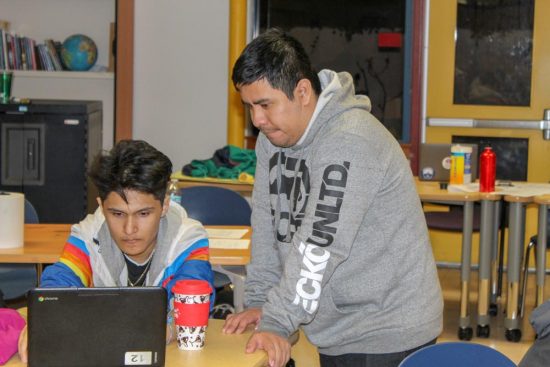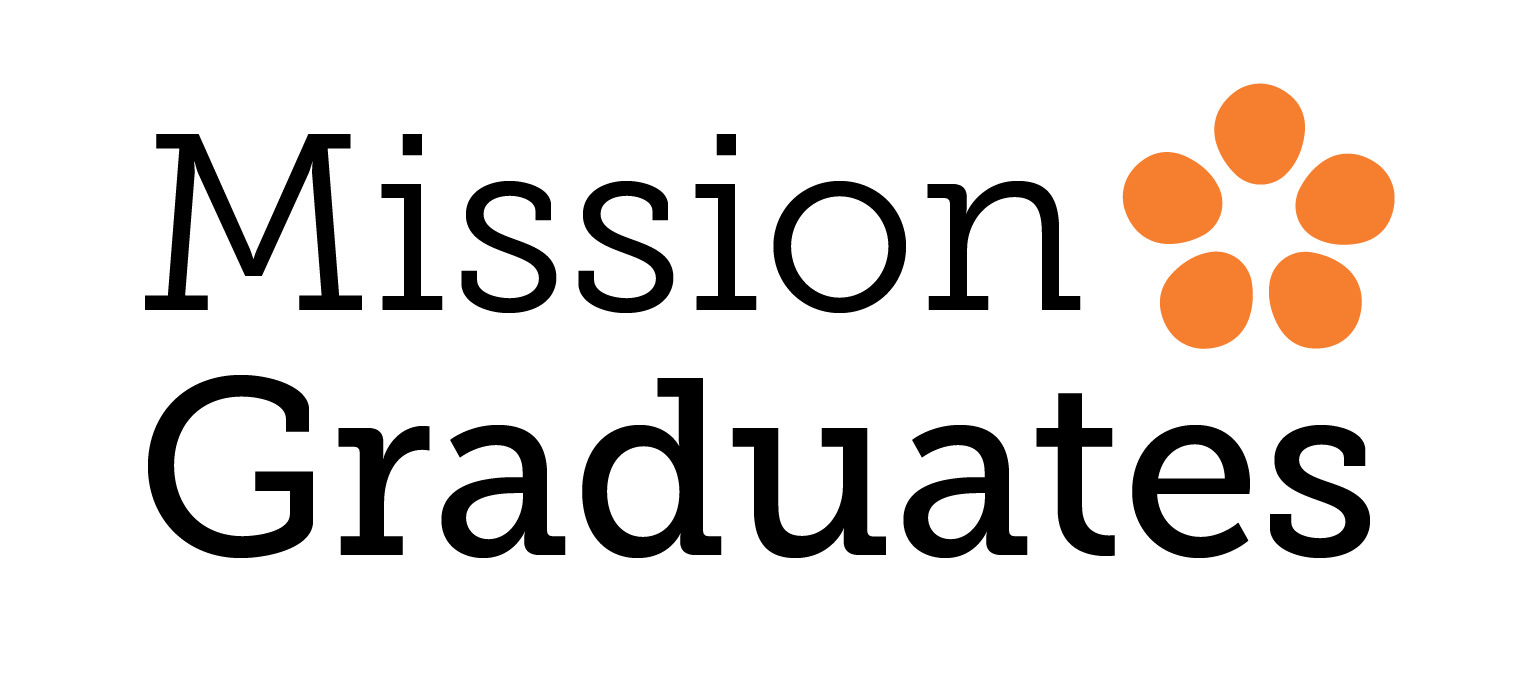A Letter from Edward Kaufman, LCSW
CEO, Mission Graduates
While many teenagers her age spend their afternoons and weekends playing sports or spending time with friends, Natalie Chavez-Lopez spends her evenings mapping out algebraic equations in a classroom in the Mission District. Natalie transferred into San Francisco Unified School District after her sophomore year, eager for a clean slate. Without the right support, she was failing in Algebra I and Geometry. So when she began at John O’Connell High School, she was ready to put in extra work to stay on track for college.
After doubling up on math classes and attending night school, Natalie raised her GPA. She spent her lunch periods with Mission Graduates’ College and Career Program, finding support with both college access and academics throughout the school day. And all of her hard work was paid off. She was accepted to San Francisco State University.
Natalie’s story is one of college-going success, demonstrating how supportive schools and programs, like Mission Graduates and John O’Connell High School, help make college dreams a reality for many San Francisco students.
Unfortunately, if a new proposal from the California State University is adopted, Natalie wouldn’t be eligible to attend any of the 23 campuses of the CSU system. Next week, the Trustees will decide whether to begin requiring 4 years of high school math from applicants, replacing the 3-year requirement previously held. This is a departure from a longstanding commitment to ensuring access to more of the state’s college-bound students.
At Mission Graduates, we want our students to be set up for success in college and careers — which makes four years of mathematics essential. And we continue to encourage all of our four-year bound students to graduate from high school with the courses they need to be competitive in California universities.
But we also deeply believe that college needs to be accessible for every student and cannot support any changes that will prohibit students from gaining access to four-year colleges and universities in their community. This change will only create new barriers for students and disproportionately impact students from urban and inner-city school districts, and specifically Latinx, African American, and immigrant youth.
Our public schools — with limited resources and space — struggle to give all students the academic support they need. With many school districts facing teacher shortages, this undue burden on our schools will limit access to college for students who are not on the traditional four-year path in mathematics.
 Mission Graduates’ Math Mentorship program was designed with this in mind. Students supplement their daytime instruction to feel ready to take credited math courses. Three years into this program, we have seen many of our students bypassing remedial math courses, opening up new majors and career paths in STEM fields.
Mission Graduates’ Math Mentorship program was designed with this in mind. Students supplement their daytime instruction to feel ready to take credited math courses. Three years into this program, we have seen many of our students bypassing remedial math courses, opening up new majors and career paths in STEM fields.
Natalie exemplifies the types of students Mission Graduates serve; students who overcome obstacles, persevere through academic struggles and continue to dream of being the first in their family to earn a college degree. Shouldn’t we be trying to make sure their path to college is smoother, not rougher? If our California values tell us to oppose walls, they should also tell us to oppose adding more barriers to college. Students need the opportunity to apply themselves and earn a degree from a four-year university right here in California that will forever change the trajectory of their lives.
